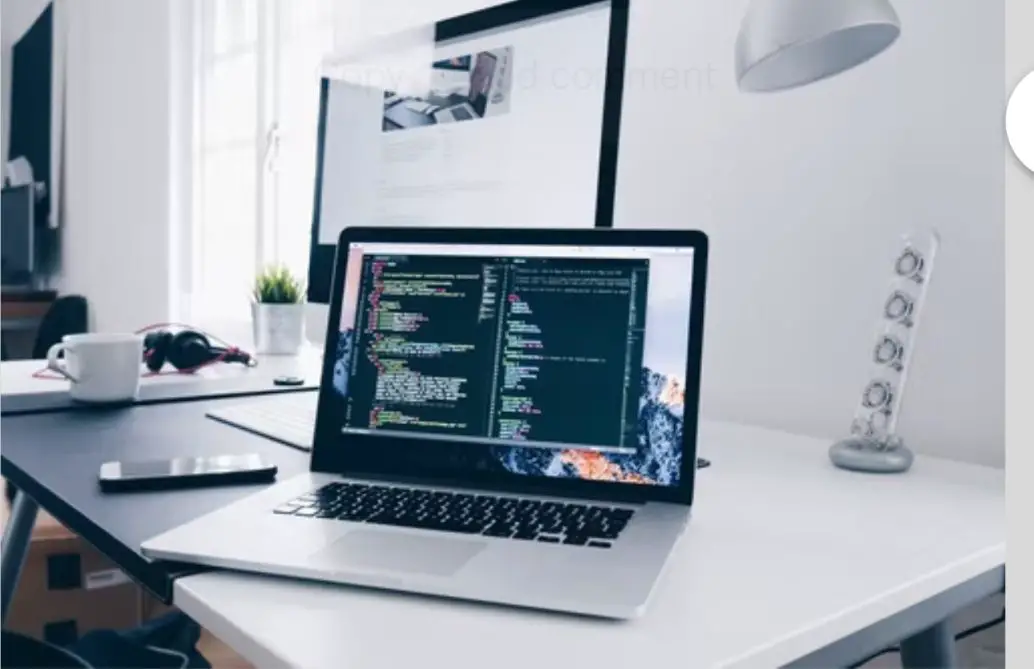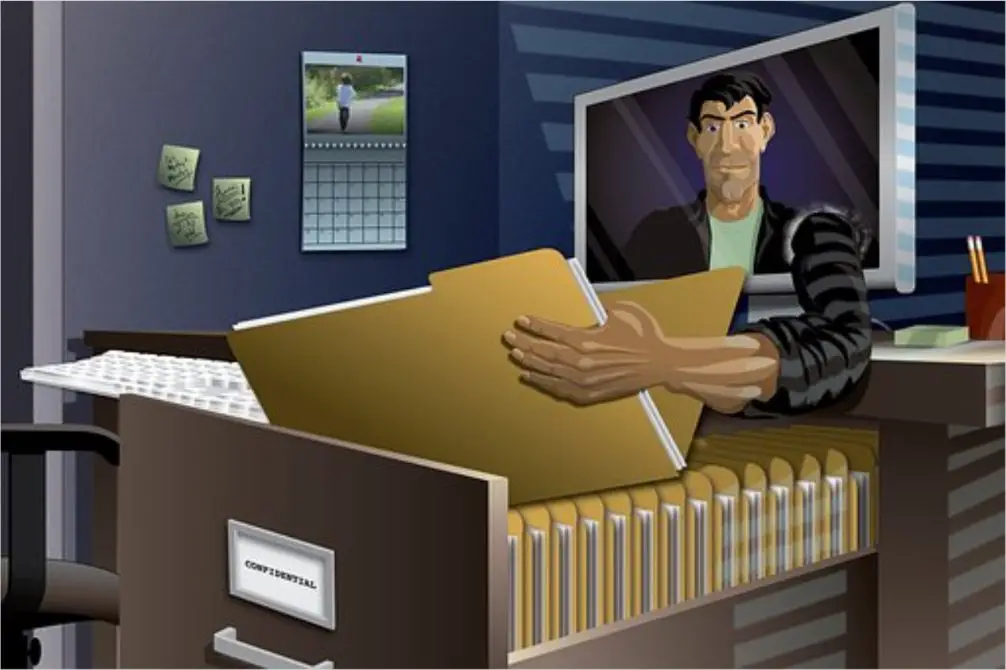
Maintaining confidentiality is essential in any office setting. For some industries like healthcare, strict laws and ethical codes govern private information. Since the office is a hub for communication, it’s important to take extra care when handling confidential information. There are many ways to keep confidential information safe, and finding the best method for your office is vital. Here are six ways you can maintain confidentiality in your office.

1. Use Proper Disposal Procedures for Confidential Documents
When you are done with a confidential document, it is important to dispose of it properly. This means using secure data destruction methods like shredding or burning. Simply throwing away a document is not enough, as someone could easily fish it out of the trash and read it. There are various ways to dispose of confidential documents, such as:
- Using a paper shredder: This is the most common disposal method. All you have to do is shred the document into small pieces so it cannot be put back together again.
- Burning the document: This is a good option if you do not have a paper shredder. You can burn the document in a fireplace or with a match. Just be sure that the document is destroyed before disposing of it.
- Soaking the document in water is another effective method, but it can be messy. Soak the document in a sink or bucket of water until it is ruined. Then you can throw it away.
- Hiring a professional document destruction company: If you have many confidential documents, it may be worth hiring a company to destroy them. This is the most expensive option but also the most effective.
2. Keep Passwords and Encrypted Files for Electronic Documents
Passwords are a key part of protecting electronic documents. It is important to use strong passwords that are not easily guessed. It would help if you also changed your passwords regularly. Your passwords should be different for each account, and you should never write them down. If you need to write them down, be sure to store the paper in a secure location.

Another way to protect documents is by encrypting them. This makes the document unreadable without a password. Encryption is a good option for documents that contain sensitive information. This will make it more difficult for hackers to access the information. You can use a free program like TrueCrypt to encrypt your files.
3. Use a Separate Computer for Sensitive Work
If you have sensitive information on your computer, it is a good idea to use a separate machine for this work. This way, if your computer is ever compromised, the confidential information will not be accessible. You can also keep your confidential files on an external hard drive or USB drive. In addition, you should never store confidential information in the cloud. This is because the cloud is not secure, and your data could be hacked. If you must store information in the cloud, encrypt it first.
4. Keep Hard Copies of Important Documents in a Safe Place
In addition to electronic documents, you will also have paper copies of important documents. It is important to keep these in a safe place where they will not be lost or stolen. A filing cabinet with a lock is a good option. You can also keep your documents in a fireproof safe. Be sure to shred any documents containing confidential information before throwing them away. Shredding ensures that the information cannot be reconstructed and read by someone else.
5. Control Who Has Access to Confidential Information
Not everyone in the office needs to have access to confidential information. Only give this information to people who need it to do their job. Use physical security measures like locks and keys to control access when possible. It would help if you also had a policy in place for how confidential information can be shared. This policy should be written down and given to all employees. Be sure to enforce the policy, so people know they will be held accountable if they violate it.
6. Educate your Employees about Confidentiality
The best way to keep confidential information safe is to educate your employees about the importance of confidentiality. They should know why it is crucial and the consequences of violating the policy. Be sure to have a confidentiality agreement that all employees must sign. This will help hold them accountable if they do not follow the policy. They should also be aware of the consequences of violating confidentiality policies. You can also hold regular training sessions on confidentiality. You can also post reminders in the office about handling confidential information. This will ensure that everyone is up-to-date on the latest policies and procedures.
In conclusion, maintaining confidentiality is essential in any office setting. There are many ways to keep confidential information safe, and finding the best method for your office is important. These tips can help ensure that confidential information stays out of the wrong hands.